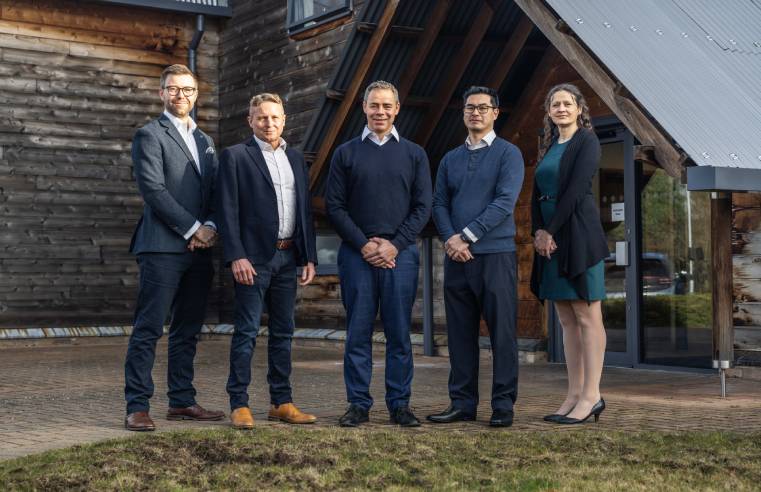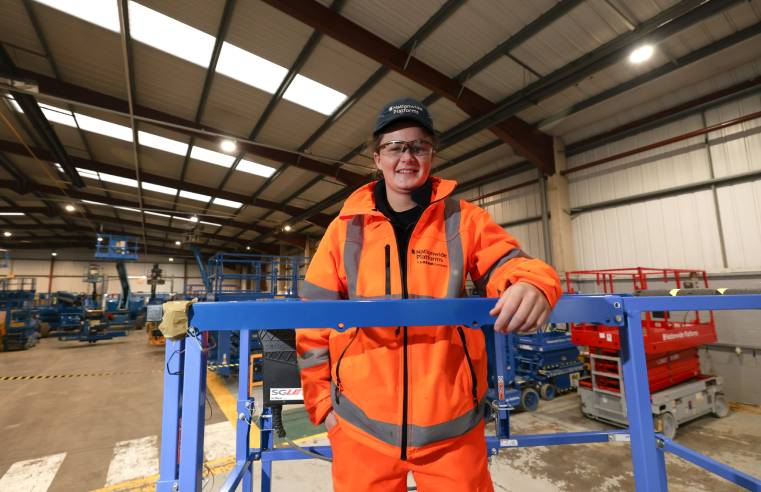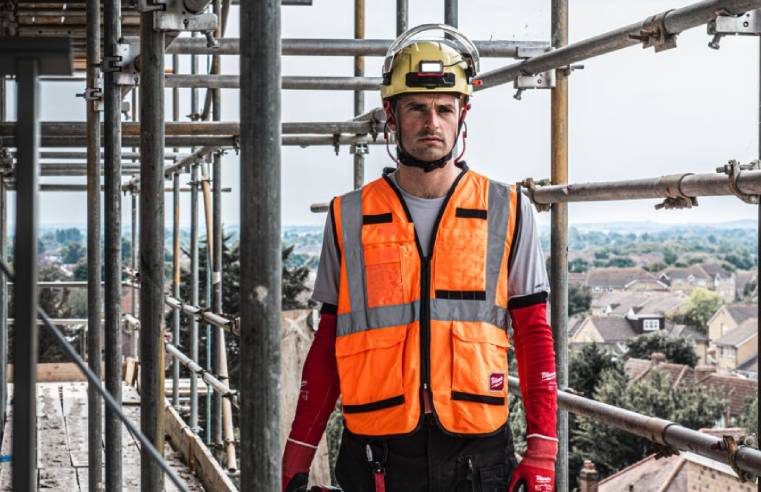Ahead of World Day for Health and Safety at Work on 28 April, an estimated 7.4 million Brits aren’t satisfied with their company’s approach to work-related health and safety. This is according to research commissioned by global technology company SafetyCulture, which found that just over one in five (21%) UK workers surveyed believe their company is not doing enough to protect their health and safety at work.
This also comes as nearly 2 million are suffering from a work-related illness everyday and work-related accidents tragically caused a death every three days in the UK.
The research also reveals that deskless workers, such as those who work in construction, manufacturing and retail, feel less protected than their desk-based counterparts. In fact, 83% of those in office-based work said their company is doing enough to protect their health and safety at work, which was nine percentage points higher than those undertaking deskless work (74%).
This research follows another recent study from SafetyCulture, which uncovered that more than half of frontline workers would leave frontline work altogether if they could. These workers said they were facing added pressure to fund their own safety (38%) or had experienced a workplace injury due to inadequate processes or communication (20%). Four in ten (40%) frontline workers said they’d like to see greater investment by their employer in technology to improve processes, efficiency and safety.
Feico Mol, General Manager (EMEA) at SafetyCulture said: “It’s clear there’s an opportunity for many businesses to improve their working environments and World Day for Health and Safety at Work is the perfect opportunity for business owners to recommit to doing this. Businesses should provide a safe and healthy working environment for every worker.
“I’d encourage businesses not to see safety as a big obstacle, and to explore readily accessible and cost-effective technology, such as mobile-first apps, which can make a huge difference in the workplace. Technology can also help make sure employees feel seen, like their needs are listened to and their suggestions are acted upon. With proper communication between frontline workers and headquarters, we can start to combat the real challenges that are being faced day to day.”






















